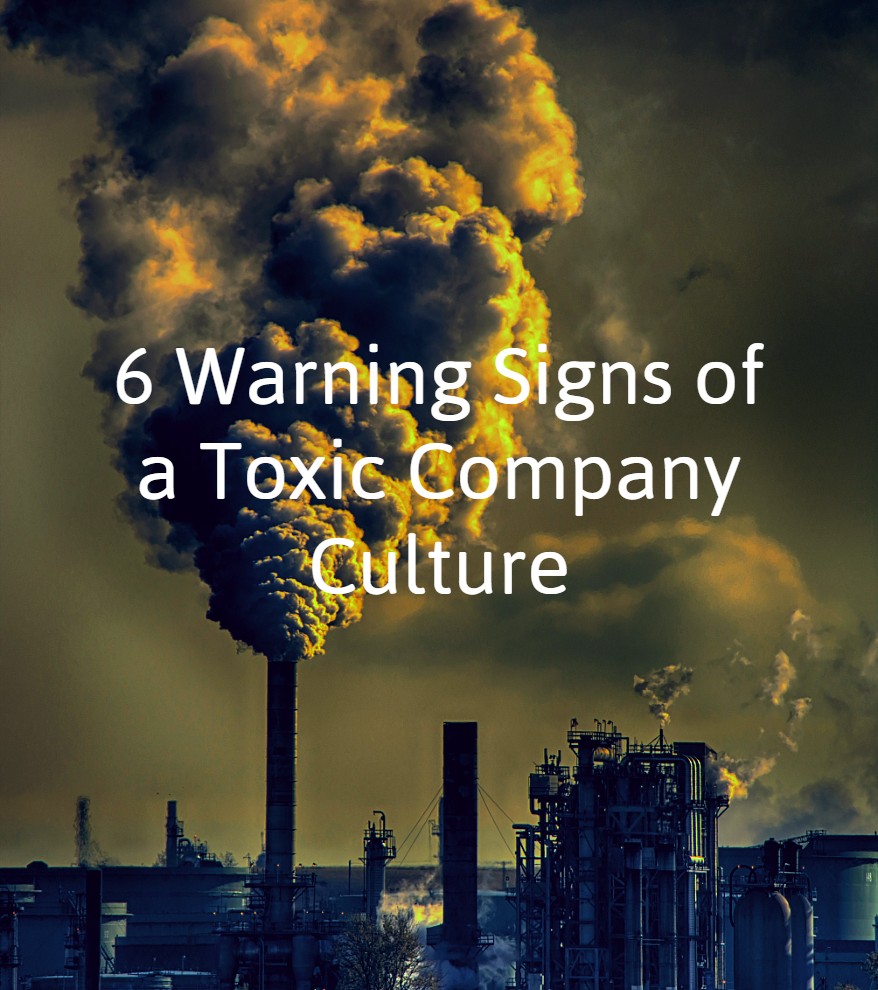Toxic behavior is like a sneaky little minx waiting to pounce on its prey. It can be stealthy and under the radar – then before you know it, BAM! it attacks. Your organization is like a deer mouse, most likely completing everyday tasks for survival, ignoring those little cracks of twigs and warning signs of danger before falling victim to the minx.
Don’t be the deer mouse.
Negative behavior comes in many forms and runs on a spectrum from less harmful behaviors (e.g., incivility and unprofessionalism), up to more egregious behaviors like bullying, harassment and violence. The problem is that some of this behavior can fly under the radar, picking away at your company culture until there is nothing left but disgruntled employees and a failing business.
Signs of a Toxic Company Culture
As experts in corporate culture, we’ve found that there are a variety of warning signs that your company is suffering from a toxic work environment. Here’s what to watch out for:
High turnover
According to a recent Gallup poll of over 1 million U.S. workers, the number one reason people leave their jobs is because of a bad boss or immediate supervisor. Another 2017 study found that 47% of people are actively seeking alternative employment because of company culture. Your turnover rates can be a huge indicator of your culture.
Silence
Employees in a healthy work environment work together well and have positive relationships with one another. If you are constantly walking into an office that’s so silent you can hear a pin drop, it’s a sign that employees aren’t cooperating. Siloes can be poison to organizational effectiveness, productivity and culture.
Employee’s are afraid of leadership
Leaders have the power to set the tone of the office. If employees are uncomfortable talking to their managers and instead go to HR, it’s a sign that leadership’s behavior is perpetuating fear and uncertainty. Sometimes this is due to a difference in communication styles. Other times, it’s a sign that there is an abrasive leader wreaking havoc on the environment and your employees.
Gossip
You’d be surprised at the number of organizations we’ve encountered that allow immature behaviors like gossiping and cliques to flourish. While these behaviors seem minuscule, they can be detrimental to your work environment.
Keep in mind that humans are social creatures. Feeling excluded by gossip hits us at our basic instinctual core.
High absenteeism
Employees experiencing a negative work environment can be mentally and physically affected. Workplace bullying alone has been linked to heart disease, irritable bowel syndrome and even PTSD. Of course, these issues lead to sick leave.
In addition, employees who are unhappy at work are more inclined to “play hooky”. I mean who wants to go to work when they know a toxic environment is waiting for them?
Communication breakdowns
Your business thrives when employees can communicate efficiently to solve problems, complete projects and resolve conflict. And negative environments definitely hinder communication. People avoid speaking to toxic employees or managers, and toxic people may use communication as a way to perpetuate toxicity.
Employees are your biggest asset. Creating space for them to be their best selves should be a top priority for your organization.
Are these warning signs showing up in your organization?
P.S. If you’re interested in learning more about how you can create a positive work environment, come and check out our free webinar on March 19th, Using DISC to Increase Civility, Engagement and Personal Leadership.
We’ve found that DISC assessments are a great tool for addressing negative behavior and providing leaders with tools for fostering collaborative teams, which we all know is vital to a positive, productive work environment. We hope to see you there!



